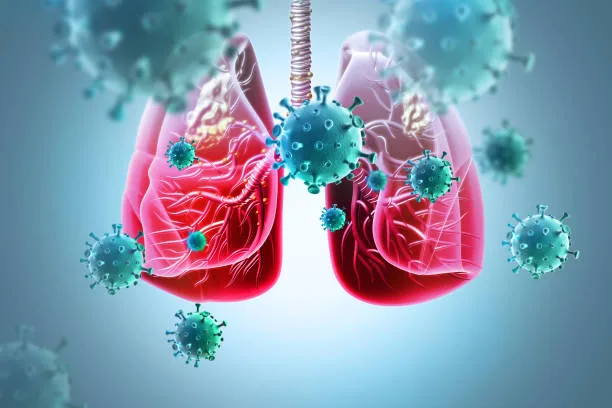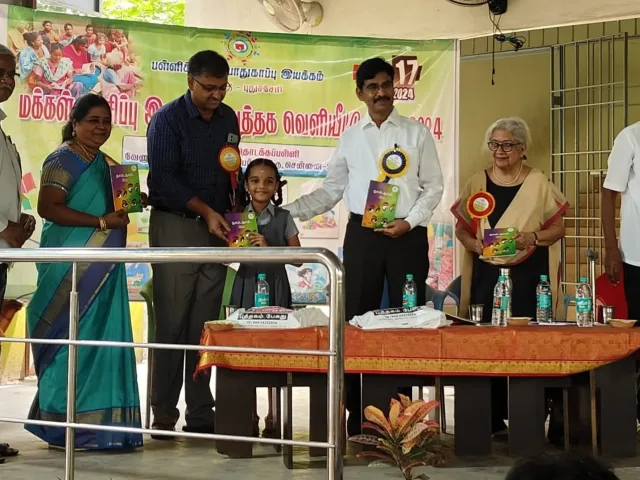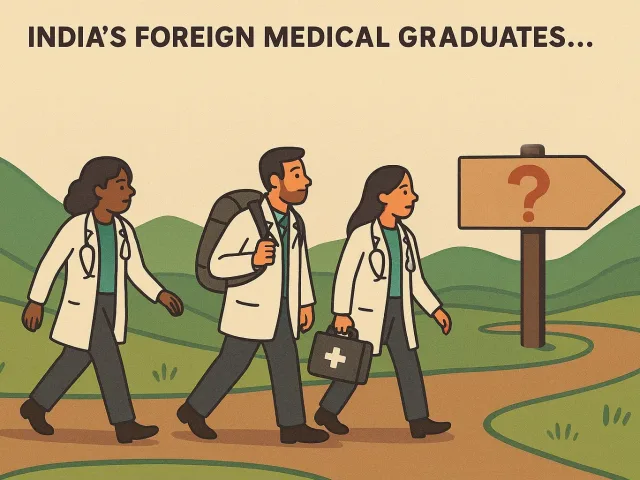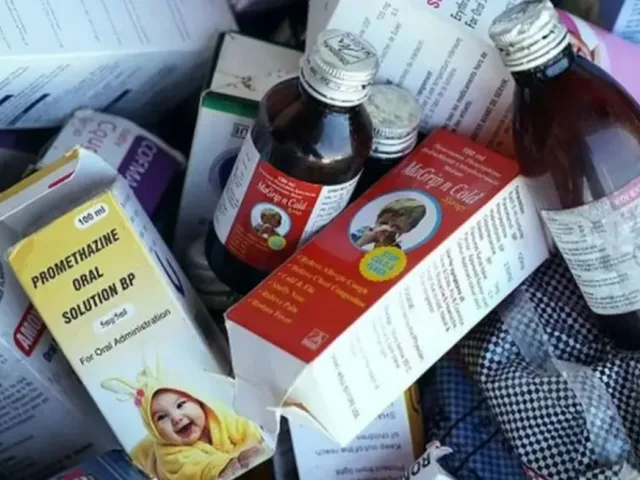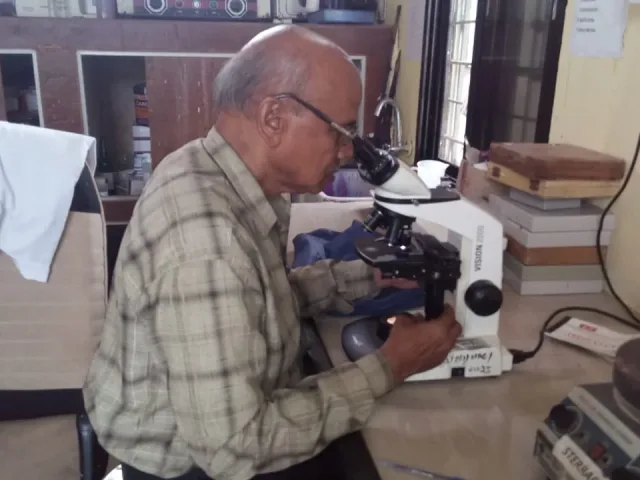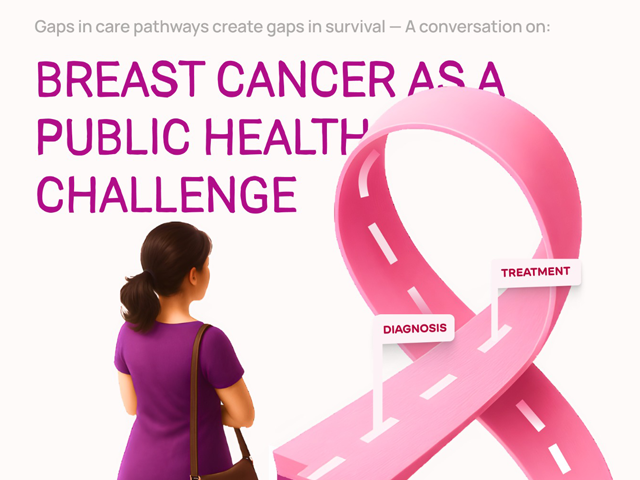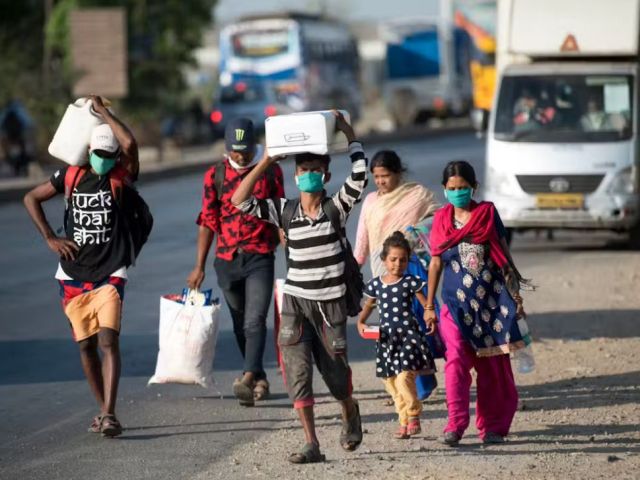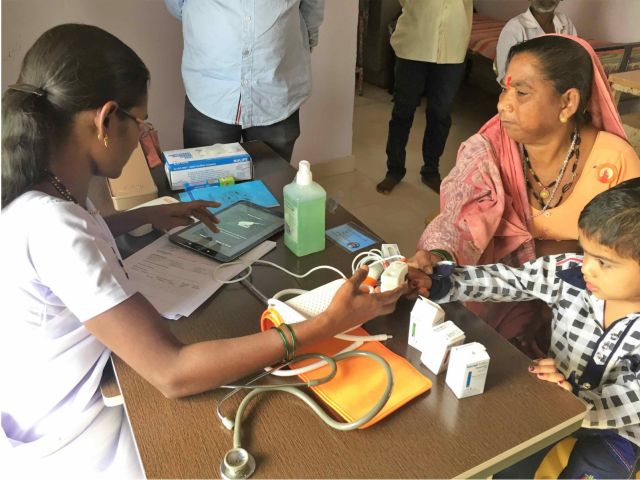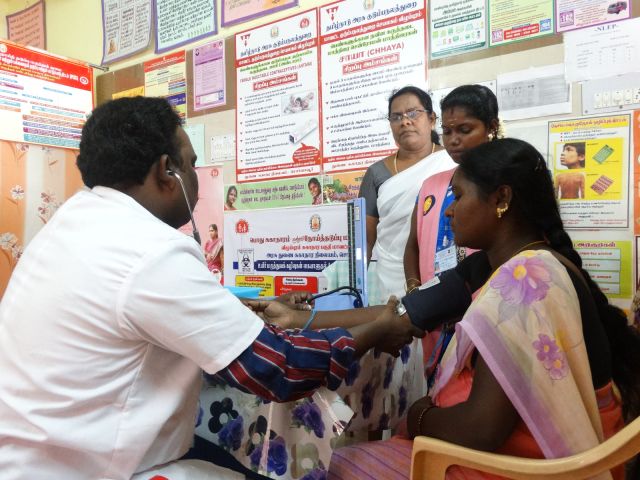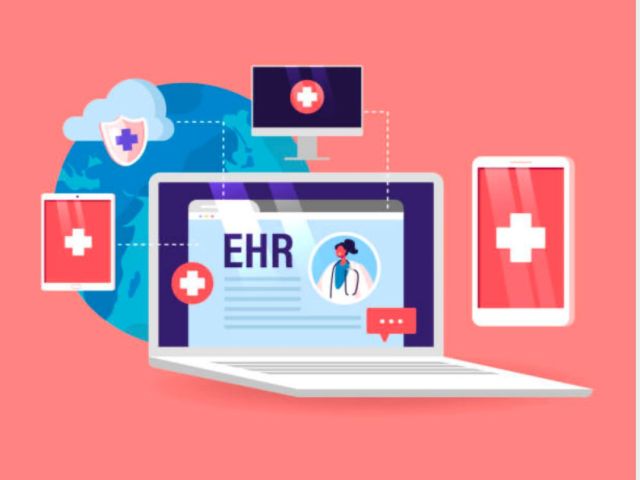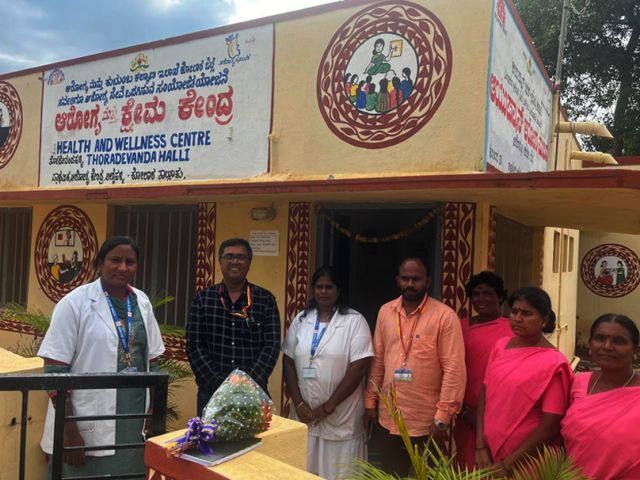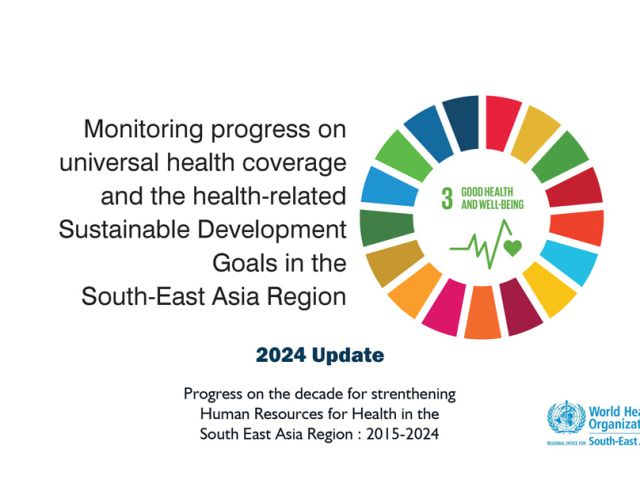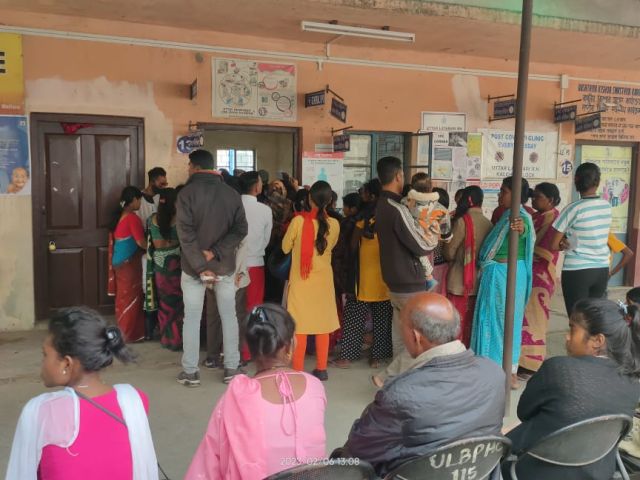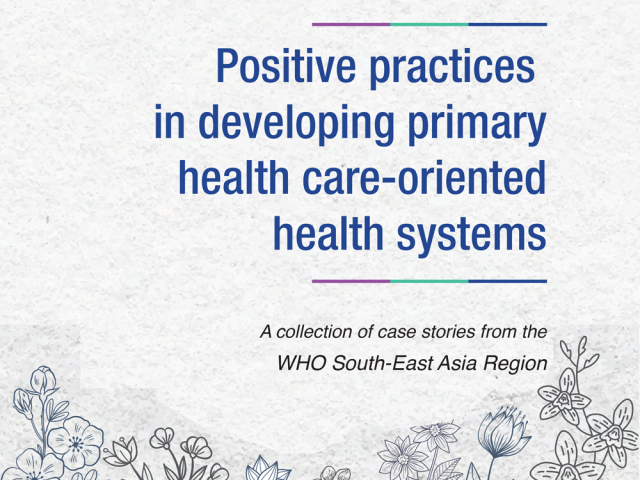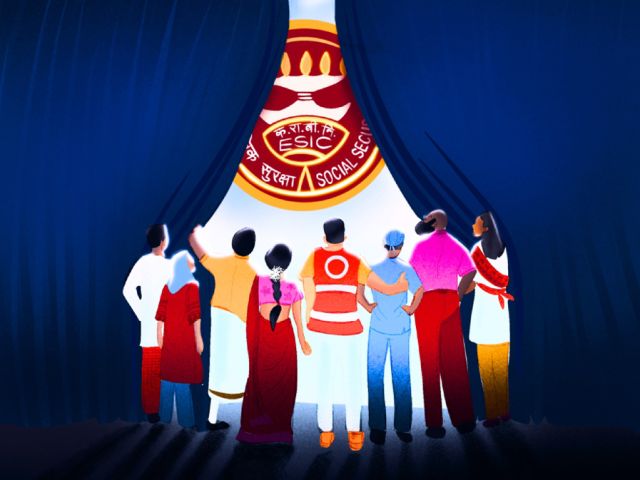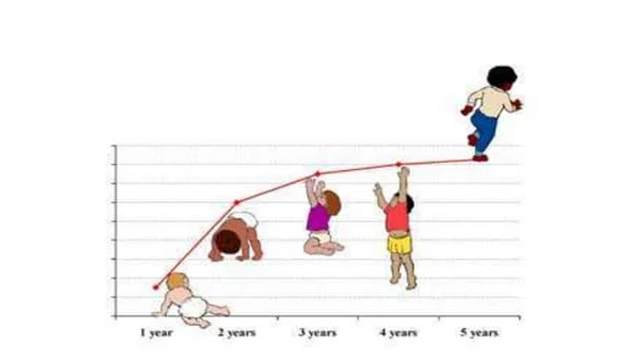To no one’s surprise India did not achieve its own targets for ending tuberculosis by year 2025. But did such an aspirational target even help accelerate progress? In this conversation a sober review of the modest pace of progress highlights the need to re-think many of the strategies deployed. While technology may help, there is no short-cut to the core principles of tuberculosis control- action on social determinants and better, less selective and more comprehensive primary health care.
The right to education is under threat as government schools face problems due to under-funding, poor morale and passive privatisation. However as we see from this conversation there is much that civil society can do to resist and reverse these trends. The experience of the Save School Education Movement in Tamil Nadu ( called the PKPI) has important lessons for those working to strengthen public health services and indeed all public services.
Public Health Acts enforced by a cadre of public health officers , are one of the more effective approaches to addressing the social determinants of health and ensuring the Right-to -Health, as different from only the right-to health care. Surprising then that there has been so little reviews or research or conversation in either civil society, academics or public administration on this invaluable long-standing experience of the Tamil Nadu Public Health Act. And this is worrying because this remarkable institution is in danger of getting undermined and lost even before its immense value to society is recognised. In this 27th conversation of our series we take you through an understanding of what we know of this law, the great potential it has, its weaknesses and the threats it is facing.
The number of Indian students going abroad to complete medical studies and then returning to India has now become a flood. Almost one in three of Indias medical graduates are FMGs- foreign medical graduates! About 27,000 every year! But few know of the full story of the tortuous journey they undertake and the uncertain future they face. Why is this so? For both protecting their interests and that of public health; policy makers need to act!!
Despite the many declarations of elimination, leprosy persists as a significant public health problem whose contribution to suffering and disability is seriously underestimated . In this conversation, three public health practitioners with decades of engagement with leprosy control at both field and policy levels and who are still engaged with its management on a day to day basis, reflect on why active transmission of the disease persists; why disabilities continue to emerge even after cure and on the options for the way forward —beyond the rhetoric of elimination.
India’s incidence of breast cancer may be less than in developed countries, but its mortality is much more. In adult women of the 30 to 69 age group, this is now one of the top two or three causes of mortality. The introduction in 2017, of universal screening for breast cancer as part of public provision of comprehensive primary health care was a huge and highly welcome step forward. Eight years later, we take stock of where we have reached in implementing this policy and the challenges being faced, and why our understanding of primary health care needs to go far beyond what we offer as primary level health services.
After arduous and prolonged negotiations, a global Pandemic Agreement has finally been adopted at the 78th World Health Assembly. But is this Agreement good enough to avert another pandemic catastrophe? In this conversation we invite Prof. Biswajit Dhar, to help us understand the public health implications of the Agreement in the context of the non-participation of the USA, the weaponisation of tariffs and a changing global economic order. And on what developing countries need to do further…
Despite several recent policy initiatives, access to essential diagnostics remains inadequate across many facilities. As a result, patients continue to face out-of-pocket expenses : time delays and inappropriate care due to limited diagnostic availability in public facilities. In this conversation, we examine the barriers and the lessons learnt from existing models including the PPPs and explore strategies for improvement.
Increasing reports of poor quality of medicines manufactured in India, whether as exports or for domestic consumption, are a matter of great concern. But this crisis should not become an excuse for strengthening corporate monopoly and excessive centralization. In this conversation, we discuss the why and how of designing a regulatory regime in India, that can guarantee quality medicines without any compromise to affordability or public health, not only for India, but for the entire third world.
Private practice by government doctors is wide-spread, but far from universal. Further, even in places where it is allowed, the consequences due to the inevitable conflict of interests varies widely. Ongoing efforts towards mitigation also create differential impact. In this conversation we examine the justifications advanced and the principles that could guide public policy in this regard. We further discuss the various scenarios, and what we can learn from these different scenarios to chart our way forward.
As 2024 draws to a close, we take the opportunity to re-share the full series of nineteen “Conversations on Health Policy” published online by the RTH Collective over the course of the year. We also take a moment to reflect on the series as a whole and on the intent and directions with which we undertook the building of this web resource and our hopes for its evolution. Wishing you a happy new year…
Digitization of public health information systems has greatly increased the burden of data-work of frontline health care providers, reducing the time available for healthcare. But though huge volumes of data are generated, data-reliability remains low and its use in improving health outcomes uncertain. Ironically, HMIS, once the subject of health sector reforms, has now become one of its main objects. In this conversation, learning from the past, we propose some principles of design that would help develop HMISs that are more fit for purpose.
The ABDM is India’s ambitious push for digitization in the health sector. In this conversation, four researchers who have been associated with the design and implementation of healthcare IT systems, take a closer look at the ABDM and strive to understand what the program set out to do, what it has done and where it is headed. They explore what ABDM offers for the problems of access, equity and quality of care and the information needs of public health managers. Or has digitization become an end in itself? There are challenges but there are opportunities too….
The Ayushman-Bharat- Health and Wellness Scheme(AB-HWC), launched in 2018, is India’s big hope to deliver on the promise of universal and comprehensive primary health care- a logical extension of the efforts that the National Health Mission,2005 had begun. Its success would have paved the way for the realization of the right to healthcare. But in its rapid scaling up there has been weak conceptual clarity and many essential features of the scheme are under threat. Can the situation be retrieved? In this conversation, three public health practitioners who have been closely associated with its design and/or implementation discuss some of the urgent course corrections that the public health community could help with….
A critical reading of the Progress Update is essential for those in engaged in practice or research in health systems and health policy. This conversation addresses some of the technical challenges of measurement, and implicitly its politics. What we measure as progress is closely related to where we want to go and how we intend to get there. To the average health manager and the health activist this could be heavy reading, but we hope that this conversation helps demystify health metrics, and make for more informed participation in “evidence-based decision making”.
The chronic shortfall of specialist skills in CHCs, cripples our ability to universalize comprehensive primary health care. Such skills are essential to provide referral support and continuity of care to primary care providers and patients. The persistence of the problem and the failure of many efforts to address this shortfall should lead us to introspect on basic design flaws. Drawing on national and international experience, we discuss how this gap can and must be addressed and that too on a priority basis…
We are drawing attention to this recent publication from the regional WHO. In this introduction we highlight one context – the shift from selective to comprehensive care. We hope these case stories help the reader understand the complex nature of this shift, and provides grounds for optimism, that despite the challenges, such a change is feasible…..
The ESI is an amazing institution covering over 10% of the population. The ESI is conceptualized within a health rights framework and offers a basket of benefits that no other insurance programme even attempts. Yet when experts talk of UHC or publicly funded health insurance, the ESI is almost never mentioned. Performance in terms of delivery of benefits is poor, but this is not due to lack of funds, as the ESI has a huge surplus. This conversation is about how ESI must be saved, re-vitalized and expanded, as part of the struggle to achieve the right to healthcare and Health for All. And given some of the directions of reform that are being pushed, it it is also about how not to lose an asset that we never knew we had.
Last year, the ICMR initiated a process re-revisit WHO’s weight and height standards for children on grounds that these are not appropriate in the Indian context. But is this valid? Are current growth standards overstating India’s malnutrition crisis? In this conversation, Dr Yogesh Jain talks to Prof. Rakesh Lodha, AIIMS and Dr Pavitra Mohan,BHS, ( all of leading pediatric practitioners and academicians with experience in public policy) to clarify the issues and concerns underlying the current controversy and the values and goals that should inform our choice of standards.


